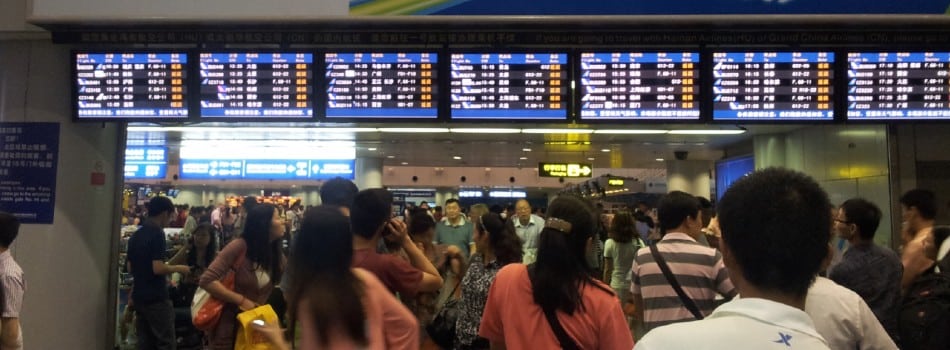Across the globe, the coronavirus pandemic has caused multiple industries to suffer consequences. Venues have closed its doors, restaurants and shopping malls have shut down, and airlines could collapse. While companies have been trying to curb refunds in an attempt to stay afloat, government intervention might be necessary.
Earlier this week, global airlines warned that 25 million jobs are on the chopping block due to the lack of customers flying amid the pandemic. As cash runs out, airlines have been holding out against refunds. The International Air Transport Association (IATA) said that providing refunds for cancelled flights would not be possible, which brought on lawsuits as customers are claiming that they need the money just as bad as airlines do.
Following an influx of complaints and inquiries, the U.S. Transportation Department told airlines that they must refund tickets for cancelled flights. Major airlines, including Delta, JetBlue, American, United, and Spirit have since applied for federal aid, which were approved by the government in a $2 trillion relief package. The bill will also assist $29 million in loans to passenger and cargo airlines, CNBC reports.
Similar to airlines, several ticketing and live entertainment companies are facing a hard hit from the pandemic. Thousands of concerts and festivals across the world have been cancelled through the summer and refunds aren’t easily accessible. Secondary ticketing site StubHub announced a change to its policies, claiming that ticketholders will receive a voucher for 120% of their purchase, rather than a refund. A man in Wisconsin has since sued the company.
In an interview with The New York Times, StubHub President Sukhinder Singh Casidy said the company had issued refunds to ticket buyers previously before recovering chargers from sellers, however, the large number of cancellations made that difficult.
“The complications that arise, and just the magnitude of this timing challenge, is frankly challenging for any intermediary in the normal course of practice,” Cassidy said. “When practically speaking, the normal course no longer exists.”
Abroad, the European ticketer CTS Eventim said that it welcomes the initiative of the federal cabinet to enact a similar voucher scheme events, noting that the bill proposed “supplements the current contract law governing events with urgently needed provisions to mitigate the financial impacts of the COVID-19 pandemic for promoters and thus for the entire cultural sector in Germany.”
According to The Times, major concert promoters and talent companies are negotiating plans to offer a “refund window” in coming weeks, which would allow customers to be given the option to receive refunds for postponed shows within 30 days, anonymous sources close to the situation said.
While the government may want to intervene in order to avoid lawsuits, other experts told The Times that getting legal traction could prove difficult since ticket companies are usually protected by their contractual language and the courts may agree that the virus was a catastrophic event out of their control.
A new report from Pollstar shows that the live event industry can lose up to $9 billion amid the pandemic.




